Eureka! Lab
A place for discovery

Educators and Parents, Sign Up for The Cheat Sheet
Weekly updates to help you use Science News Explores in the learning environment
Thank you for signing up!
There was a problem signing you up.
-
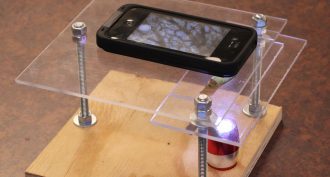
Do-it-yourself microscope inventor aims to bring science to the people
After my own fail at the DIY microscope, I consulted Kenji Yoshino, who helped troubleshoot my design, and we talked about how he put the do-it-yourself microscope together.
-
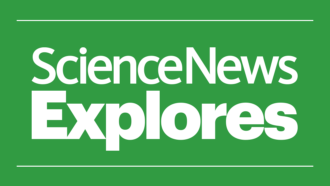
Building a DIY microscope
You can make a microscope for $10 with some wood, Plexiglas, a drill and your cell phone. Or at least, you can try.
-
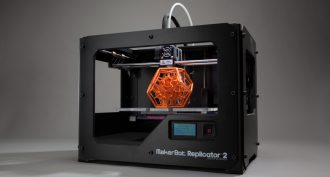
A 3-D printer in every classroom
The 3-D printing company MakerBot has launched MakerBot academy, with the goal of putting a 3-D printer into every school in the United States.
-

2013 U.S. Report Card on reading and math
Today marks the release of the 2013 Nation’s Report Card, with data on how fourth and eighth grade students are doing in reading and math. What does it mean?
-

Get out of the lab and into the classroom with a science education grant
Help bring science to the classroom, get kids interested in science, and show what a life in science, technology, engineering or mathematics is like. People in STEM careers are eligible for up to $15,000 in funding to create a volunteer program.
-
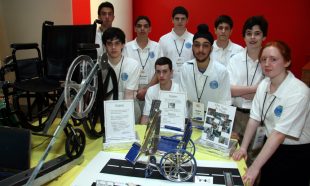
Need money to invent? Get your own grant!
The Lemelson-MIT InvenTeam offers high school students grants to help bring to life inventions that often can help those in need. Along the way, students get experience in solving real-world problems.
-

Interview: Studying rivers means wading into more than just water
Geology assistant professor Anne Jefferson talks with Eureka! Lab about what she does, why she does it and why she dyed a stream purple for science.
-
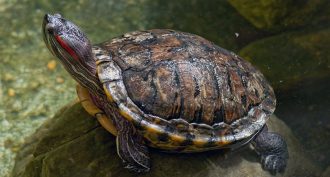
Teachers: Can they be eco-villains?
Science teachers across the country use species in the classroom that are not native to their area. Releasing them into the wild could pose a threat to native species.
-
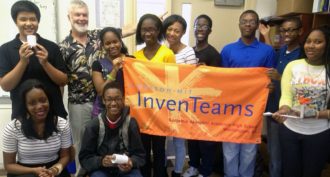
Students invent safer school lock
With school shootings all-too-frequently in the news, students decided to engineer an improved system to safeguard their classrooms.
-

Everyone’s a scientist at GeekGirlCon!
A new Do-It-Yourself (DIY) ScienceZone at Seattle’s GeekGirlCon allowed me and other scientists take fun science activities to the people. We also hoped to show there’s no one stereotype of what a scientist looks like.
-
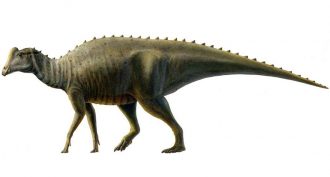
High school student finds baby dino
A high school student has found one of the most complete specimens of a baby hadrosaur ever seen. The discovery gives us new ways to look at a famous dinosaur.
-
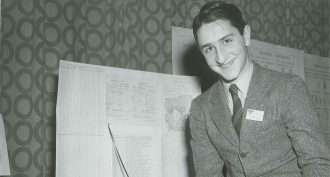
From high school prize to Nobel Prize
Back in high school, Martin Karplus was particularly interested in alcids. This suborder of birds includes puffins and auks. In 1947, he turned this interest into a project so that he could enter the Science Talent Search.